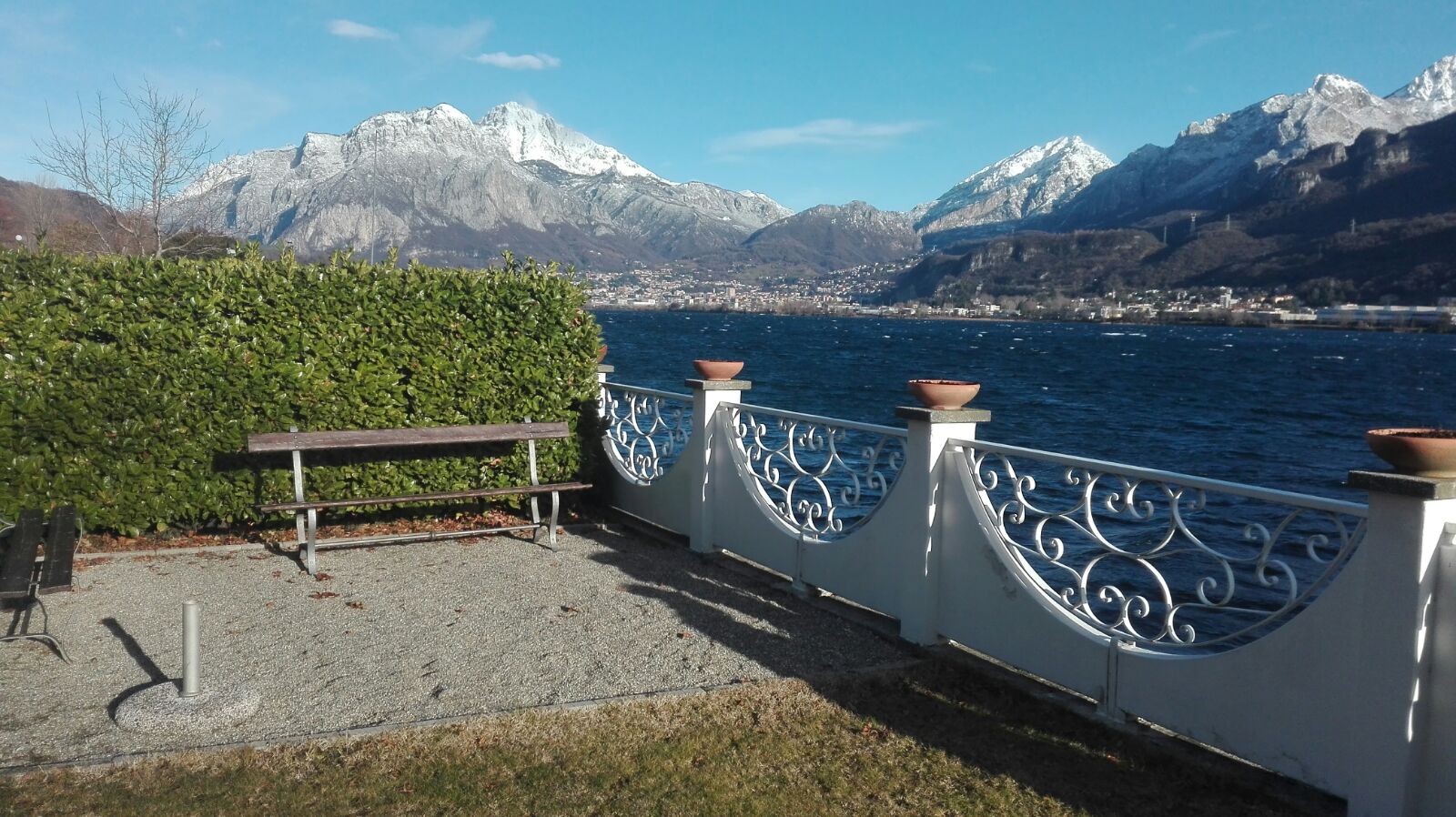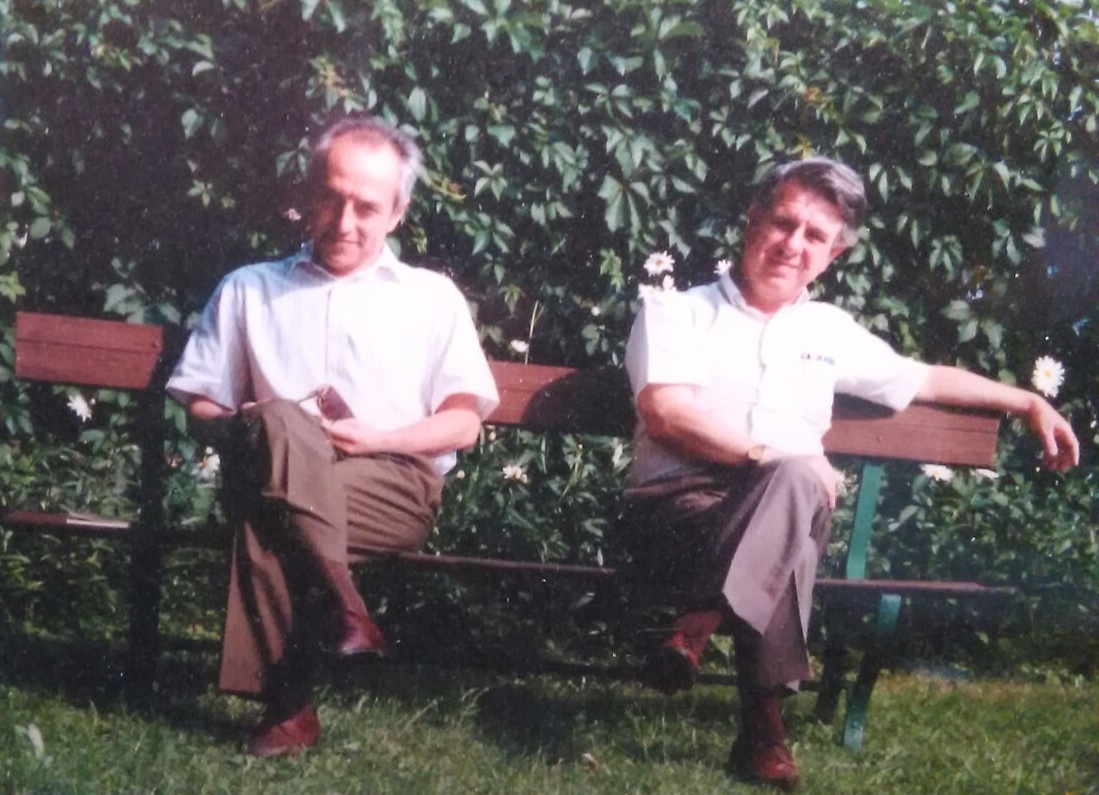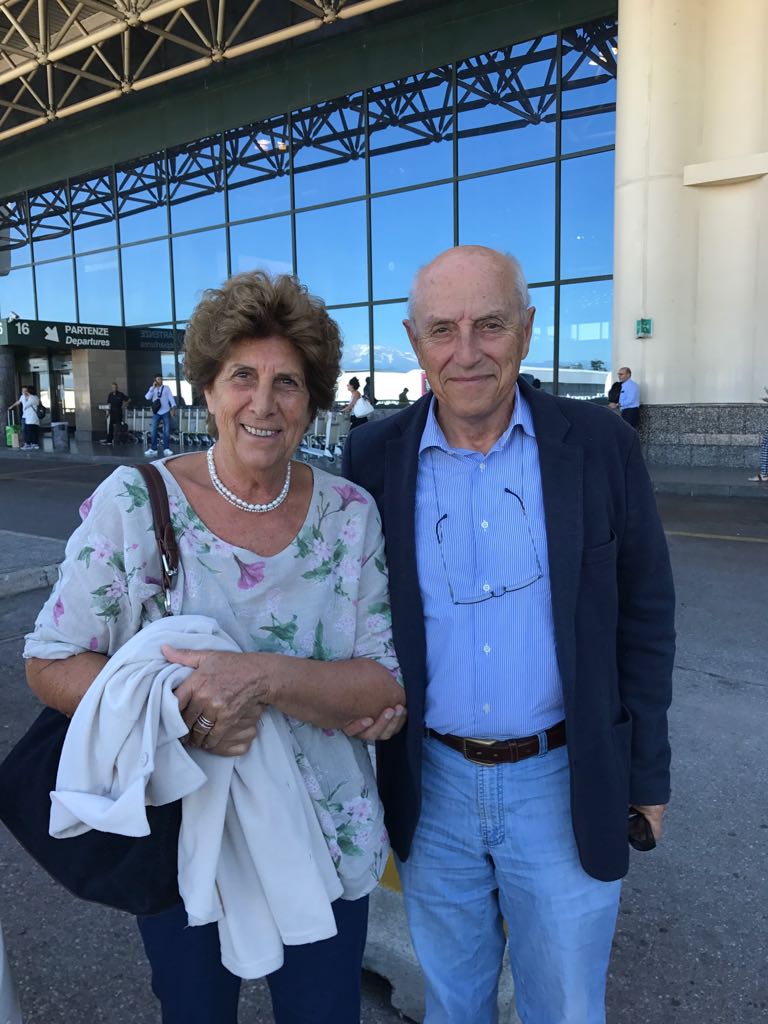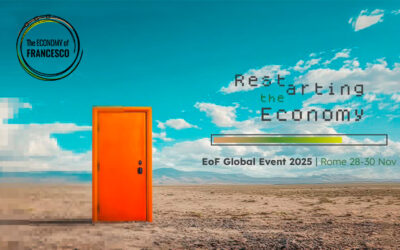 “A 360 degree dialogue with every person, even people of different convictions had become normal for our family, shared by our children Pietro, Elena and Matteo.” Annamaria and Mario Raimondi are like a rushing river as they share the many experiences of dialogue they’ve had as a family. They now live in a quiet little town in northern Italy, on Lake Como, only forty-five minutes from Milan, Annamaria points out. He’s an ordinary professor of Physical Chemistry at the University of Milan, and she’s a teacher. Both are retired, at least “officially”. They’re quite lively and very active with their family and three grandchildren In their diocese, they’re very involved with ecumenism, and they’re also at the service of the local Focolare community.
“A 360 degree dialogue with every person, even people of different convictions had become normal for our family, shared by our children Pietro, Elena and Matteo.” Annamaria and Mario Raimondi are like a rushing river as they share the many experiences of dialogue they’ve had as a family. They now live in a quiet little town in northern Italy, on Lake Como, only forty-five minutes from Milan, Annamaria points out. He’s an ordinary professor of Physical Chemistry at the University of Milan, and she’s a teacher. Both are retired, at least “officially”. They’re quite lively and very active with their family and three grandchildren In their diocese, they’re very involved with ecumenism, and they’re also at the service of the local Focolare community.

Mario and Joe
 “Even now,” Mario reports, “after many years the relationship with Zaga and her family still continues. She’s old now and not in very good health. We visited her often, for example, when her daughters married, and when her first grandson was born (who just happened to be named Mario!). We went through everything together in our lives: raising the children, vacations, the scientific research… It wasn’t just great human understanding among us, but something much deeper than that. Each of us felt free to be him or herself, and the love among was sincere. Zaga, who still claims to be a non-believer, participated in the priestly ordination of Pietro and the Religious Profession of Elena – even while wearing a cast on her leg – Matteo’s marriage… The relationship between our families is still there, and we continue to share the simple times together, the deep and the important moments.” “Last summer,” Annamaria went on to say, “we learned that an 80 year-old English gentleman had a heart attack while visiting Lake Como in Italy. The hospital was fairly close to our home. He and his wife, who didn’t speak any Italian, were having a hard time. The other members of their group had returned to England. During the hospital stay, which lasted for two weeks, we visited him every day him every day, helping him to communicate with doctors, finding a place for his wife to stay with some nuns near the hospital, doing ordinary things as if we had known each other forever. We gave them the Word of Life and shared simple but deep moments together. When he was released from hospital, we accompanied them to the airport. It was there that Antony – as he’s called – asked ‘May I give you a blessing?’ That’s when we discovered that he was an Anglican minister. The memory of that very special goodbye is always with us. Returned to London, Antony and his wife, who are already in close contact with the local Focolare community, still thank us, recalling that moment with gratitude.” Chiara Favotti
“Even now,” Mario reports, “after many years the relationship with Zaga and her family still continues. She’s old now and not in very good health. We visited her often, for example, when her daughters married, and when her first grandson was born (who just happened to be named Mario!). We went through everything together in our lives: raising the children, vacations, the scientific research… It wasn’t just great human understanding among us, but something much deeper than that. Each of us felt free to be him or herself, and the love among was sincere. Zaga, who still claims to be a non-believer, participated in the priestly ordination of Pietro and the Religious Profession of Elena – even while wearing a cast on her leg – Matteo’s marriage… The relationship between our families is still there, and we continue to share the simple times together, the deep and the important moments.” “Last summer,” Annamaria went on to say, “we learned that an 80 year-old English gentleman had a heart attack while visiting Lake Como in Italy. The hospital was fairly close to our home. He and his wife, who didn’t speak any Italian, were having a hard time. The other members of their group had returned to England. During the hospital stay, which lasted for two weeks, we visited him every day him every day, helping him to communicate with doctors, finding a place for his wife to stay with some nuns near the hospital, doing ordinary things as if we had known each other forever. We gave them the Word of Life and shared simple but deep moments together. When he was released from hospital, we accompanied them to the airport. It was there that Antony – as he’s called – asked ‘May I give you a blessing?’ That’s when we discovered that he was an Anglican minister. The memory of that very special goodbye is always with us. Returned to London, Antony and his wife, who are already in close contact with the local Focolare community, still thank us, recalling that moment with gratitude.” Chiara Favotti




0 Comments